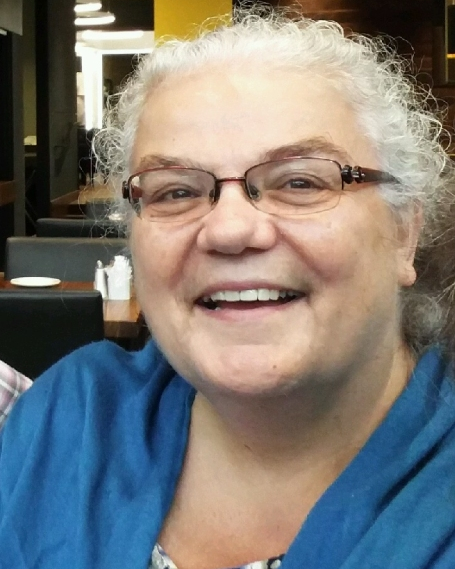Students, faculty, and friends gathered on Zoom to attend Dr. Bonita Lawrence’s lecture, entitled “Living in Reciprocity: Historical and Theoretical Perspectives on Indigenous-Black Relations.” Dr. Dorota Glowacka, director of the Contemporary Studies Program introduced both Dr. Lawrence and Dr. Catherine Martin. Dr. Martin, who is Dalhousie’s first director of Indigenous community engagement, welcomed the audience to Mi’kma’ki and led a feast chant.
 Dr. Lawrence was the second speaker in this year’s Contemporary Studies Program (CSP) guest lectures focusing on racial justice. A professor in the Department of Humanities at York University, Dr. Lawrence is the founder of the University’s Indigenous Studies program. Having completed her PhD in Sociology, Dr. Lawrence’s work addresses Indigenous identities in relation to government regulation, Indigenous justice, and Indigenous-Black relations. She also published a historical novel in 2020, N’in D’la Owey Innklan: Mi’kmaq Sojourns in England.
Dr. Lawrence was the second speaker in this year’s Contemporary Studies Program (CSP) guest lectures focusing on racial justice. A professor in the Department of Humanities at York University, Dr. Lawrence is the founder of the University’s Indigenous Studies program. Having completed her PhD in Sociology, Dr. Lawrence’s work addresses Indigenous identities in relation to government regulation, Indigenous justice, and Indigenous-Black relations. She also published a historical novel in 2020, N’in D’la Owey Innklan: Mi’kmaq Sojourns in England.
Engaging the audience with her discussion of the history of Indigenous-Black relations in North America, Dr. Lawrence began the lecture by considering the early colonial structures which gave rise to the bonds between Indigenous and Black peoples—from the Caribbean to the Thirteen Colonies to Nova Scotia. The practice and legacy of chattel slavery, plantation farming, and displacement put diverse Indigenous and Black groups in proximity with each other—either as allies, adversaries, or simply as neighbours. Although these connections arose from colonial violence, Dr. Lawrence asserted that they thrived independently of it, and that they continue to inform contemporary Indigenous-Black relations.
Having established a broader history of Indigenous and Black relations in North America, Dr. Lawrence moved to discuss the iteration of these relationships within the Atlantic context. Mi’kma’ki, home to both the Mi’kmaq and Black Nova Scotians, has the greatest historical precedent of Indigenous-Black relations in Canada. Dr. Lawrence asserted that both groups, having shared a history of enslavement, have a strong tradition of mutual aid and support.
Dr. Lawrence concluded her lecture with a discussion of contemporary theory on Indigenous-Black relations, often arising out of activist work. Referencing Dr. Saidiya Hartman’s concept of ‘the afterlife of slavery,’ Dr. Lawrence asserted that the particular history of trauma borne by each group continues to shape their existence and relation to land, alliance, and power. As such, Black and Indigenous positionalities have and continue to generate divergent visions of justice.
As King’s courses continue to broaden their curricula to incorporate writers from Indigenous and Black academic traditions, Dr. Lawrence’s lecture serves to bolster and deepen students’ readings of contemporary theory.
The lecture was followed by a question and answer period moderated by Dr. Glowacka, where members of the audience wrote in questions, comments, and congratulations.

